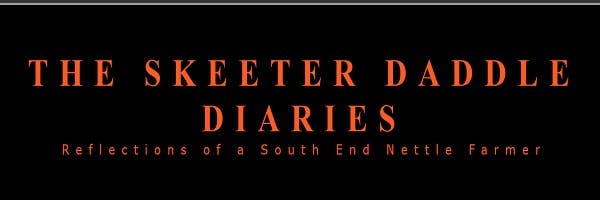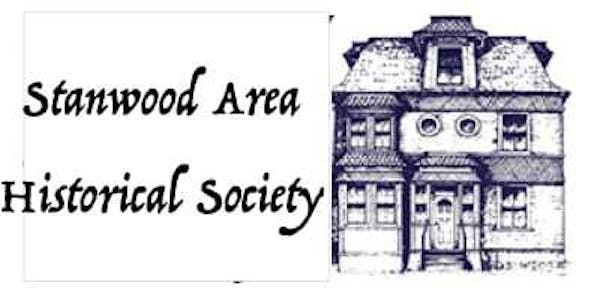Carl Gustav Jung (1875- 1961) - Born Karl Gustav Jung, was a Swiss psychiatrist and psychoanalyst who founded analytical psychology. Jung's work has been influential in the fields of psychiatry, anthropology, archaeology, literature, philosophy, psychology and religious studies. He conducted lengthy correspondence and collaborated with Sigmund Freud for a while, on a joint vision of human psychology. Eventually Jung established Jung's analytical psychology as a comprehensive system separate from Freud's psychoanalysis.
Public Posts Stanwood, WA Stanwood, WA (zoom)
Ralph Waldo Emerson ~ (1803 –1882) American poet, philosopher, essayist and abolitionist. His first two collections of "Essays" First Series (1841) and Second Series (1844), represent the core of his thinking. They include "Self-Reliance", "The Over-Soul", "Circles", "The Poet", "Experience" and "Nature". His work has greatly influenced the thinkers, writers and poets that followed him. , He wrote: "In all my lectures, I have taught one doctrine, namely, the infinitude of the private man" More
Louis Dearborn L'Amour (1908 - 1988) was an American novelist and short story writer. His books consisted primarily of Western novels, however, he also wrote historical fiction (The Walking Drum), science fiction (The Haunted Mesa), non-fiction (Frontier), as well as poetry and short-story collections. Many of his stories were made into films. His books remain popular and most have gone through multiple printings. At the time of his death, he was "one of the world's most popular writers".
Epicurus (341–270 BC) was an ancient Greek philosopher and sage who turned against the Platonism of his day and founded Epicureanism, a highly influential school of philosophy. Epicurus asserted that philosophy's purpose is to attain as well as to help others attain happy tranquil lives. The vast majority of the over 300 works said to have been written by Epicurus have ben destroyed. Only three letters written by him—the letters to Menoeceus, Pythocles, and Herodotus—and two collections of quotes, have survived intact. Most knowledge about his philosophy is due to later authors. More
George Bernard Shaw (1856 – 1950), was an Irish playwright, critic, polemicist and political activist. His influence on Western theatre, culture and politics extended from the 1880s to his death and beyond. He wrote more than sixty plays, including major works such as Man and Superman (1902), Pygmalion (1913) and Saint Joan (1923). With a range incorporating both contemporary satire and historical allegory, Shaw became the leading dramatist of his generation, and in 1925 was awarded the Nobel Prize in Literature. Read more
Source: The Dhammapada, a collection of sayings of the Buddha in verse form and one of the most widely read and best known Buddhist scriptures.
Multiple attributions: A Native American Shawnee Proverb and an Ancient Sanskrit saying. among others.
Ralph Waldo Emerson ~ (1803 –1882) American poet, philosopher, essayist and abolitionist. His first two collections of "Essays" First Series (1841) and Second Series (1844), represent the core of his thinking. They include "Self-Reliance", "The Over-Soul", "Circles", "The Poet", "Experience" and "Nature". His work has greatly influenced the thinkers, writers and poets that followed him. , He wrote: "In all my lectures, I have taught one doctrine, namely, the infinitude of the private man" Wikipedia
Theodore Roosevelt, (1858-1919) - He became the 26th American President when he was not quite 43, as the result of the assassination of President McKinley. He served from 1901 to 1909 bringing new excitement and power to the Presidency, as he vigorously led Congress and the American public toward progressive reforms and a strong foreign policy. He took the view that the President as a “steward of the people” should take whatever action necessary for the public good unless expressly forbidden by law or the Constitution.”
Voltaire - (1694-1778) François-Marie Arouet, known by his nom de plume Voltaire. was a French Enlightenment writer, historian, and philosopher famous for his wit, his attacks on the established Catholic Church, and his advocacy of freedom of religion, freedom of speech, and separation of church and state. He was one of the greatest of all French writers.
Cecilia Payne's work on the nature of variable stars showed that the wide variation in stellar spectra is due mainly to the different ionization states of the atoms and hence different surface temperatures of the stars, not to different amounts of the elements. Concluding that stars were composed primarily of hydrogen and helium. Her groundbreaking work from almost 100 years ago, was initially rejected because it contradicted the scientific wisdom of the time, which held that there were no significant elemental differences between the Sun and Earth. Independent observations eventually proved she was correct. More
Stendhal, (1783 – 1842), Marie-Henri Beyle known by his nom de plume Stendhal, was a 19th-century French writer. He is highly regarded for the acute analysis of his characters' psychology and considered one of the early and foremost practitioners of realism. Among his novels novels are Le Rouge et le Noir (The Red and the Black, 1830) and La Chartreuse de Parme (The Charterhouse of Parma, 1839) A self-proclaimed egotist, he coined the same characteristic in his characters' "Beylism".








.jpg?fit=crop&w=280&h=280&q=93)





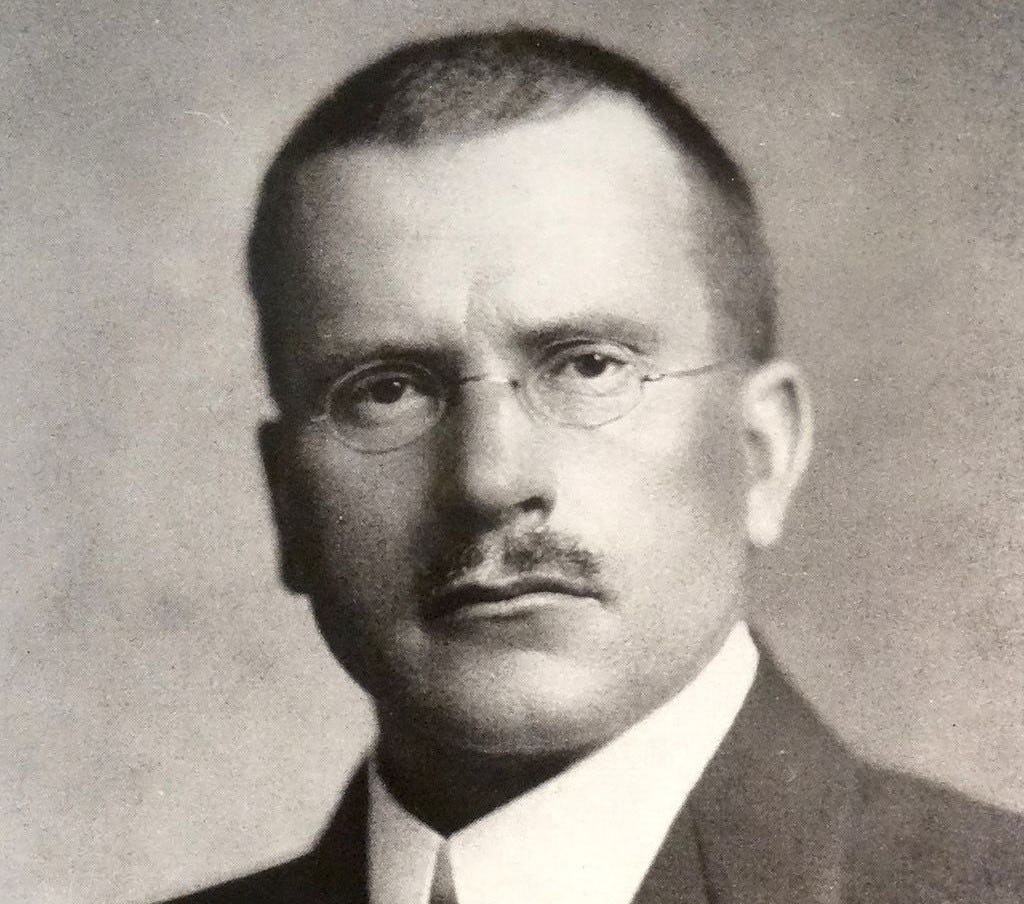
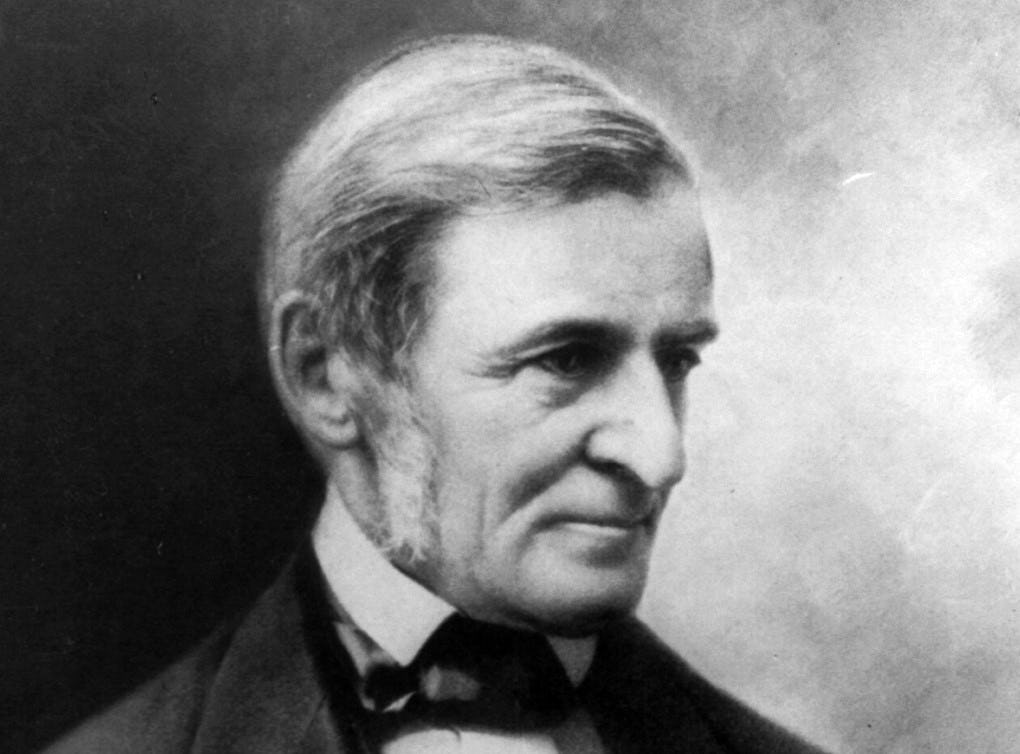
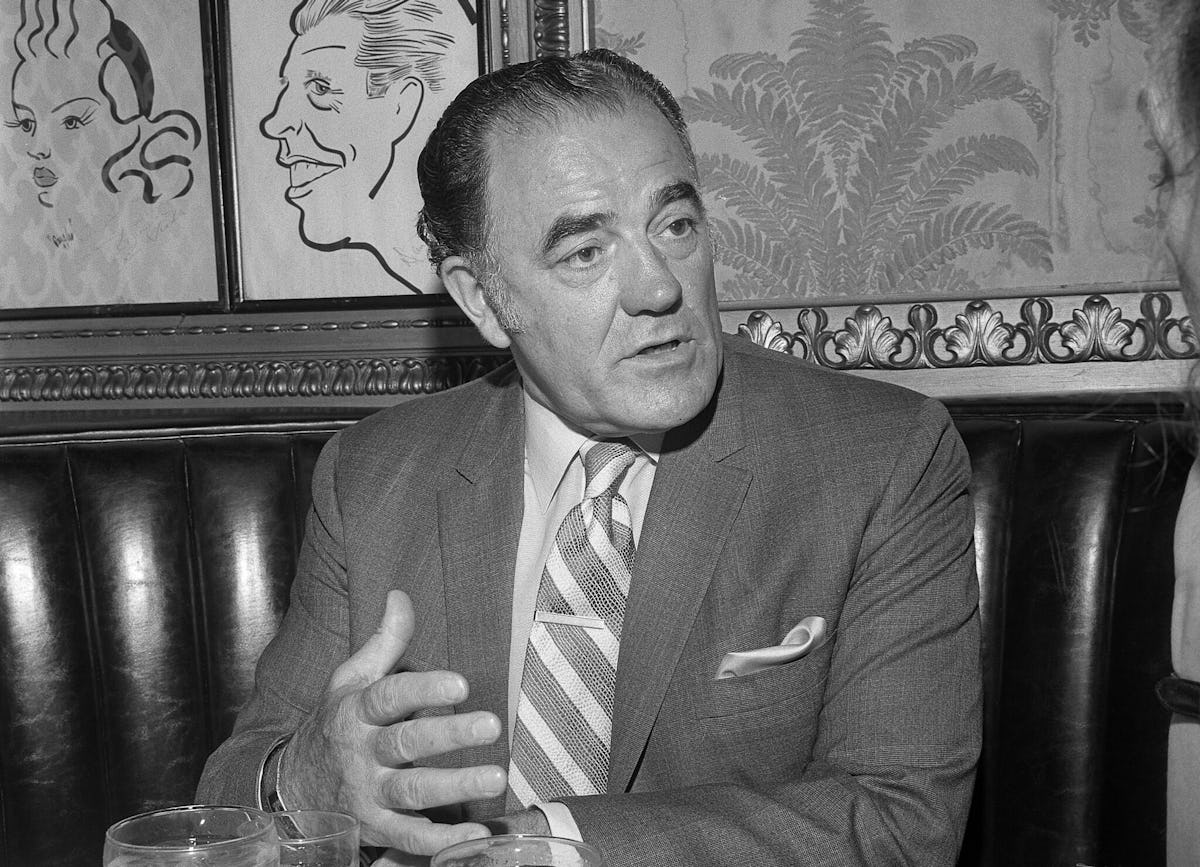
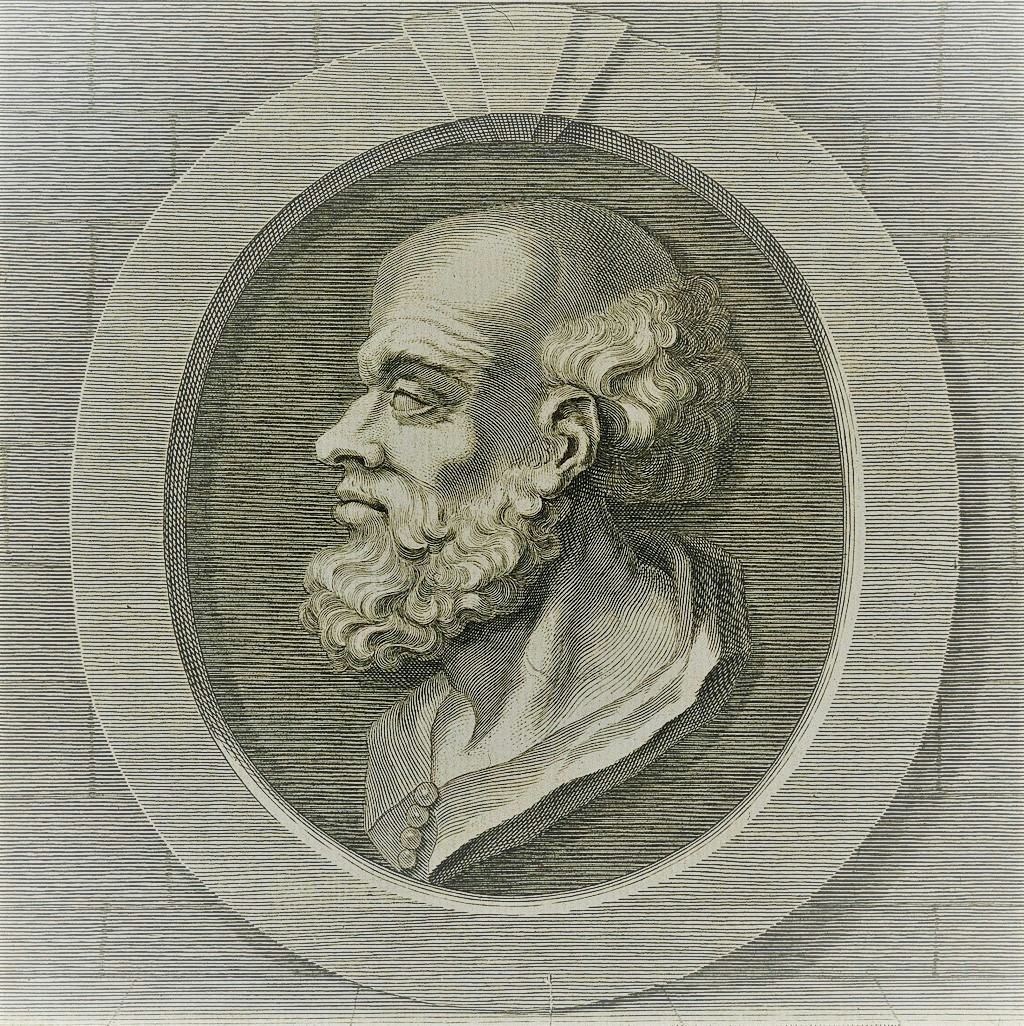
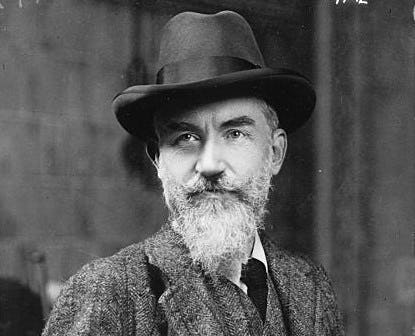


%20R2.jpg?fit=max&w=1200&h=1200&q=48)
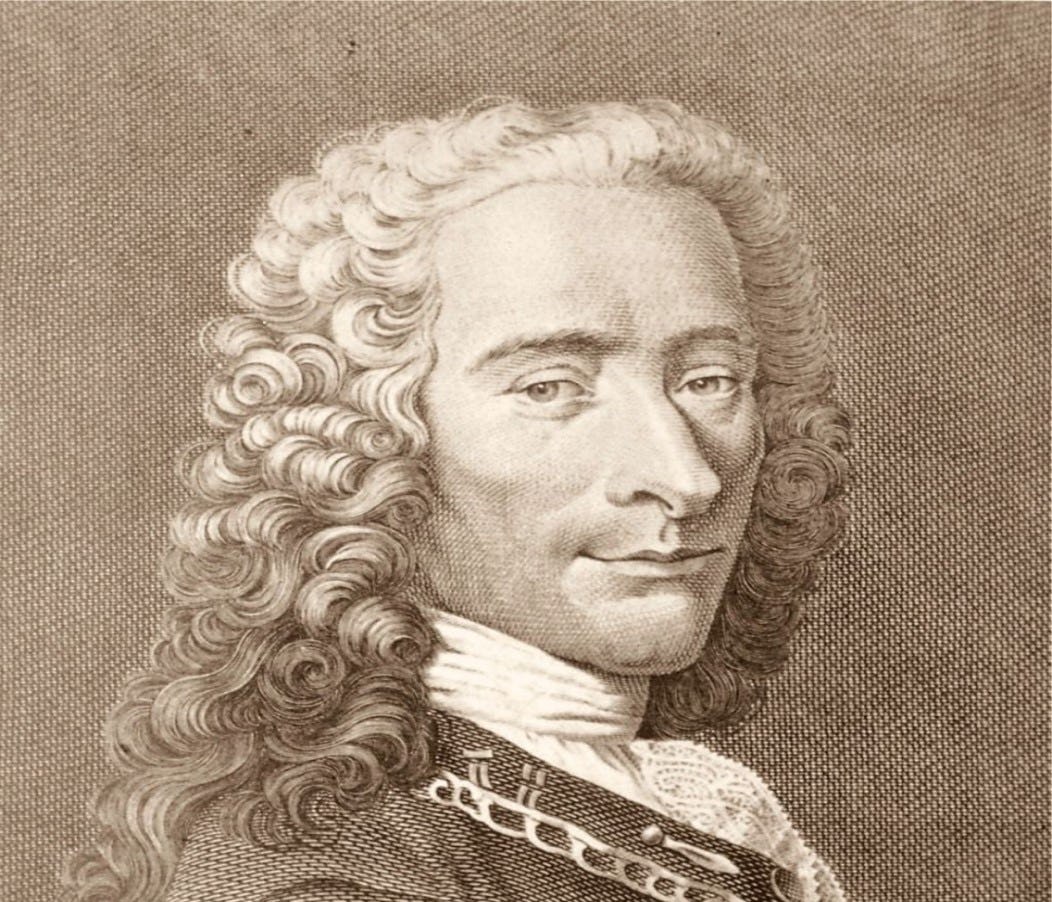

_(3).jpg?fit=max&w=1200&h=1200&q=48)
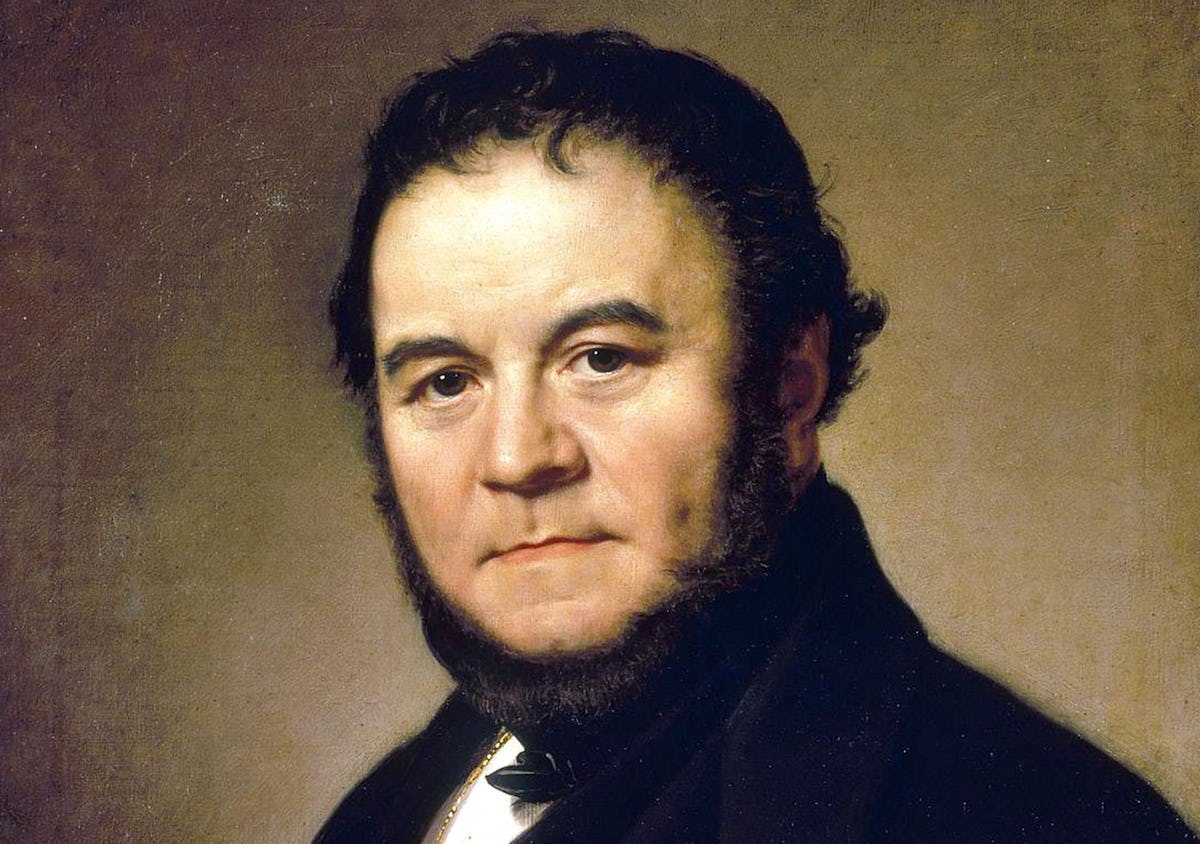

 - Copy.jpg?fit=crop&w=280&h=280&q=93)


R.jpg?auto=format&fit=clip&w=600)
